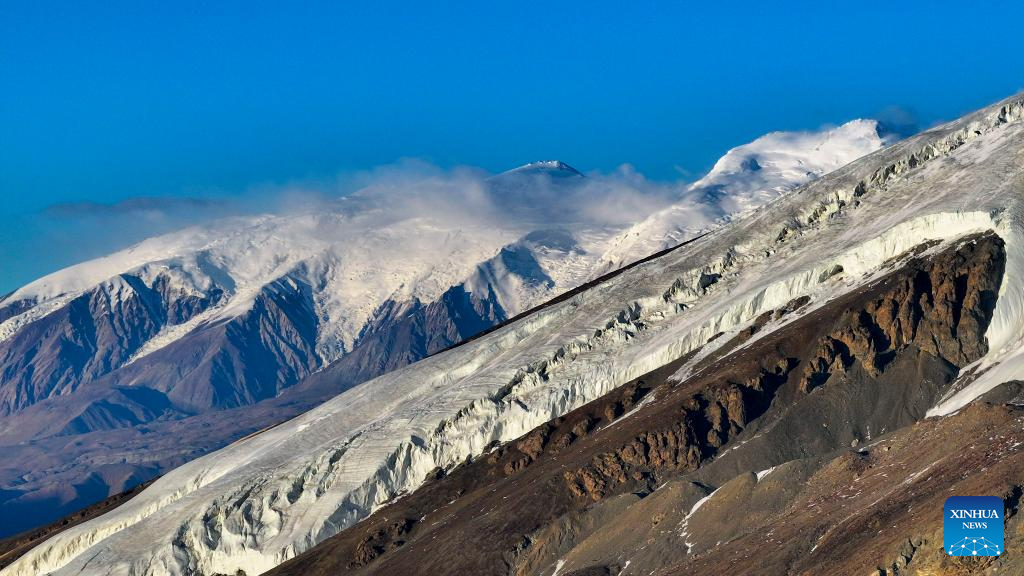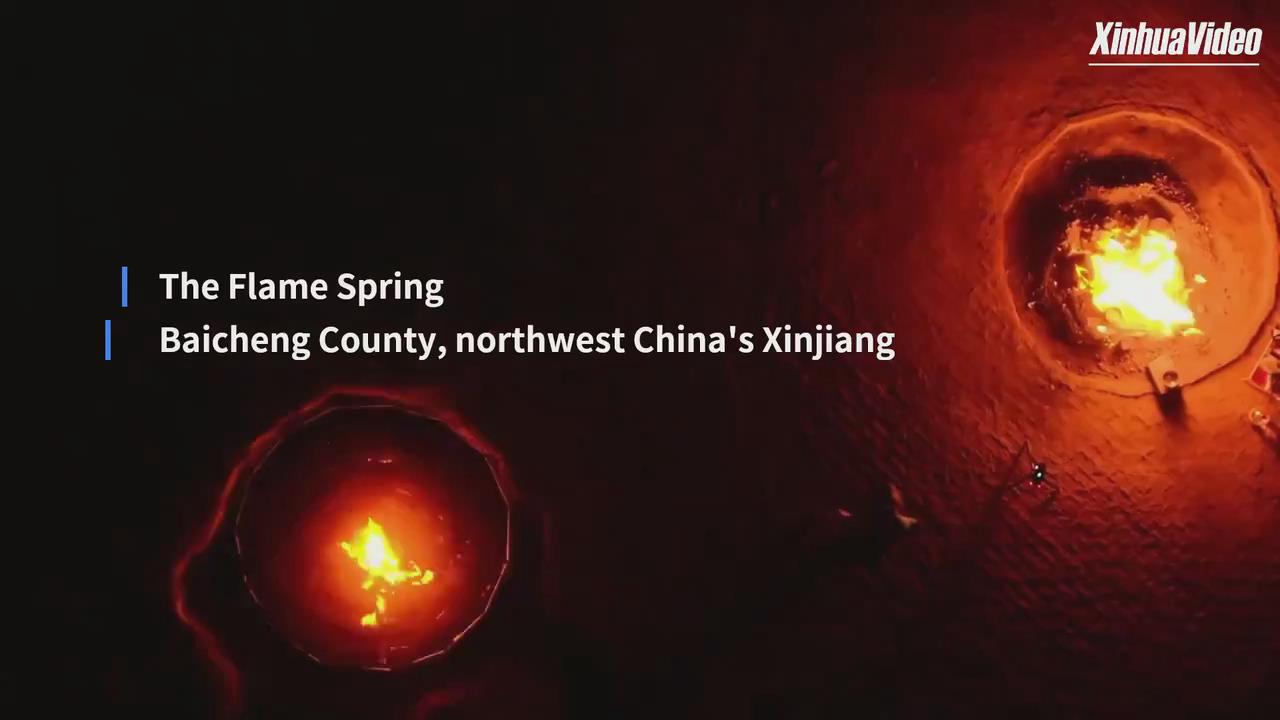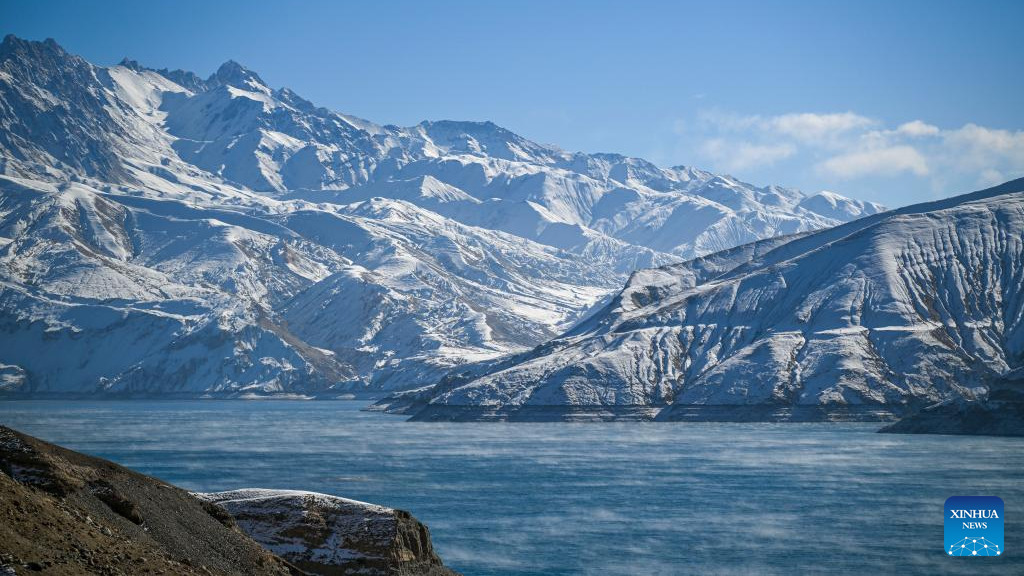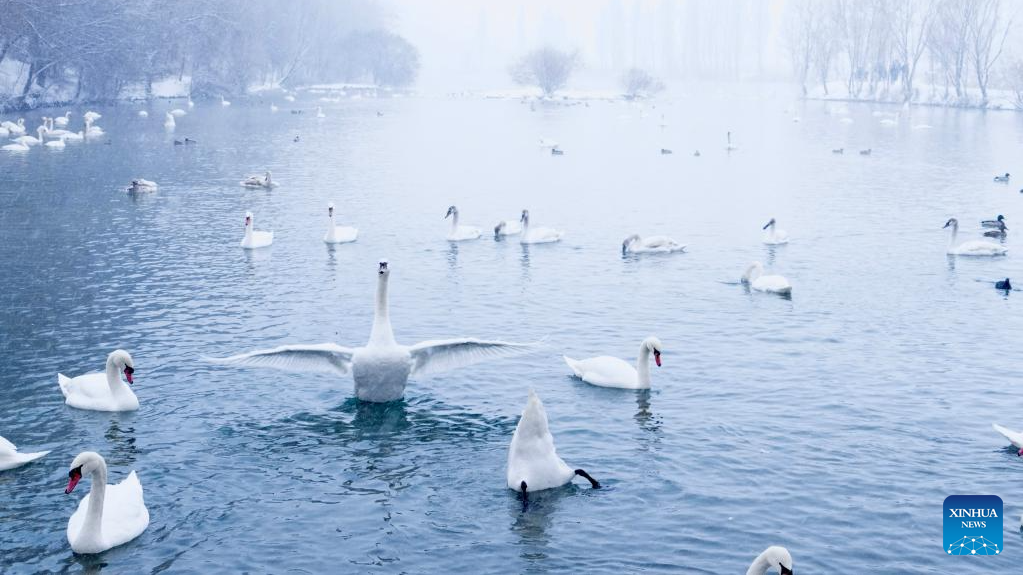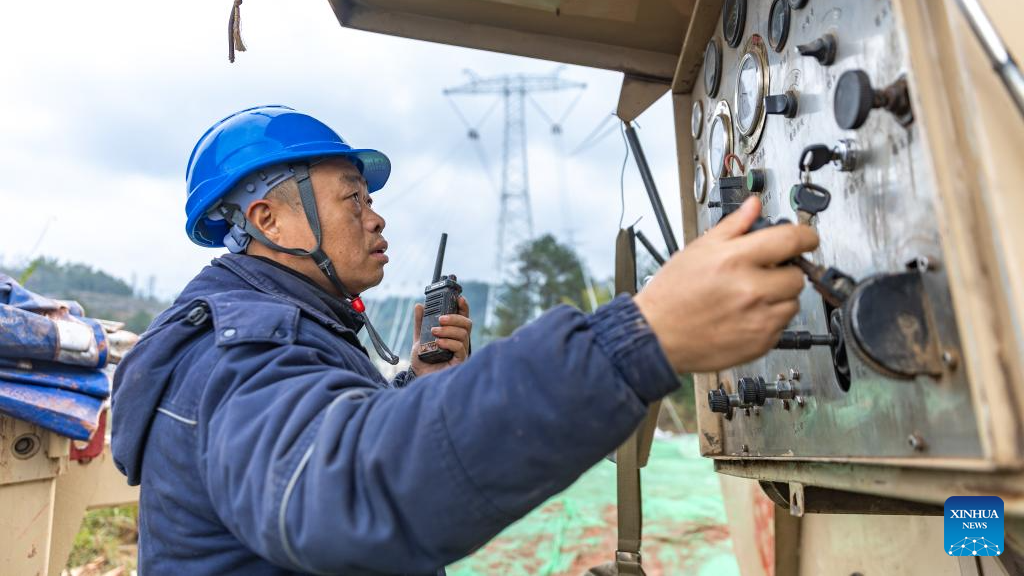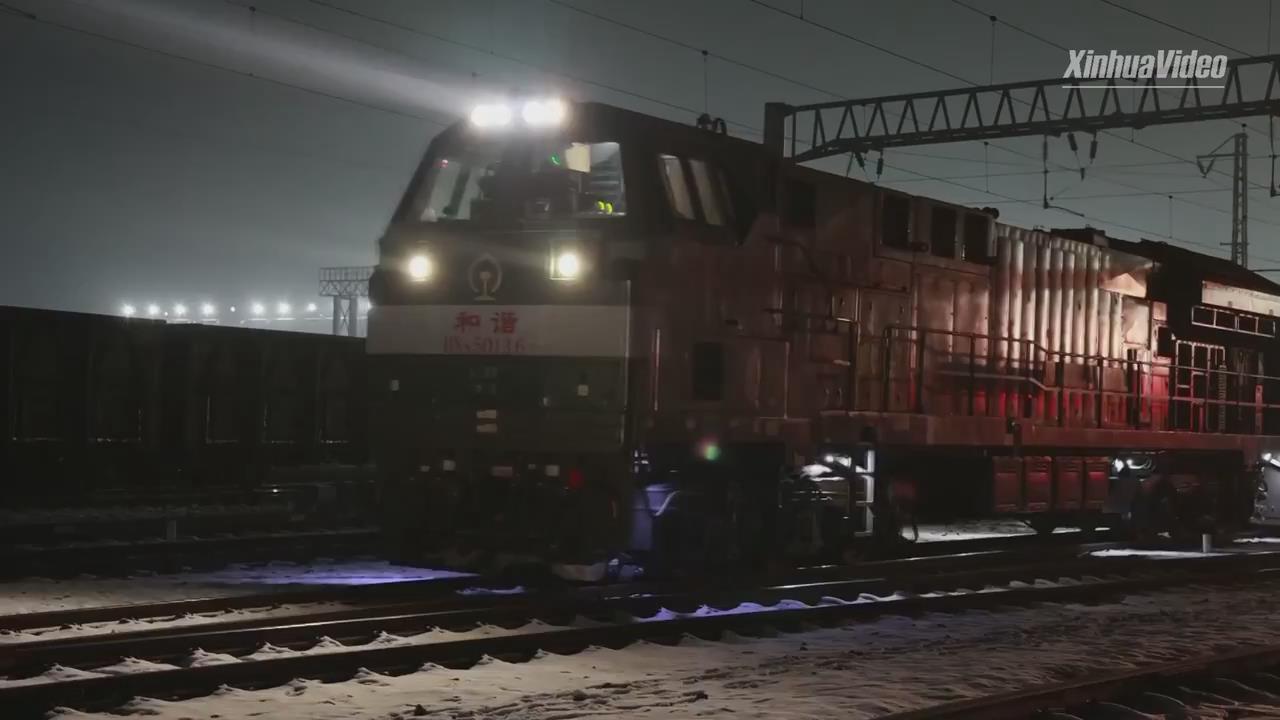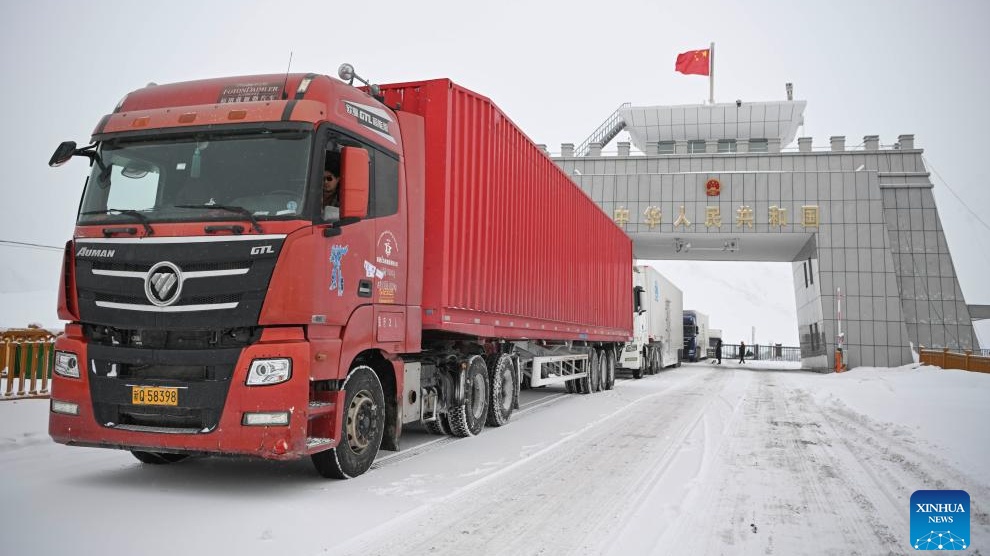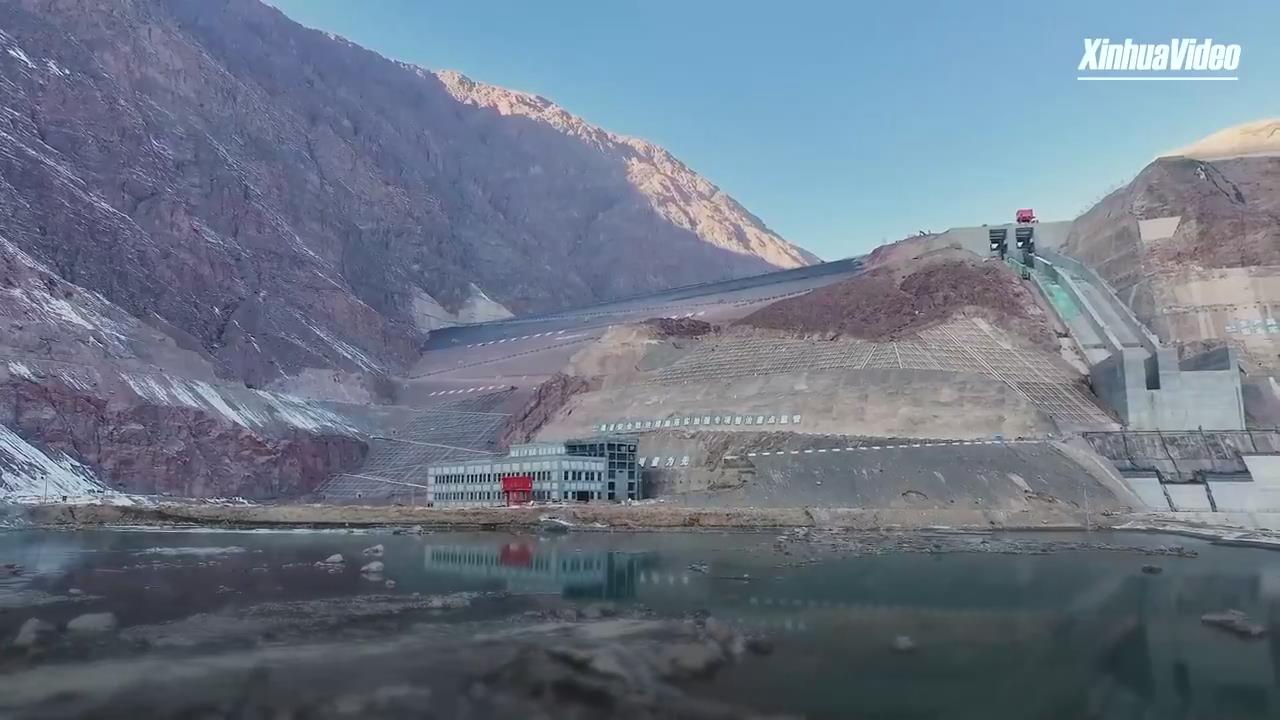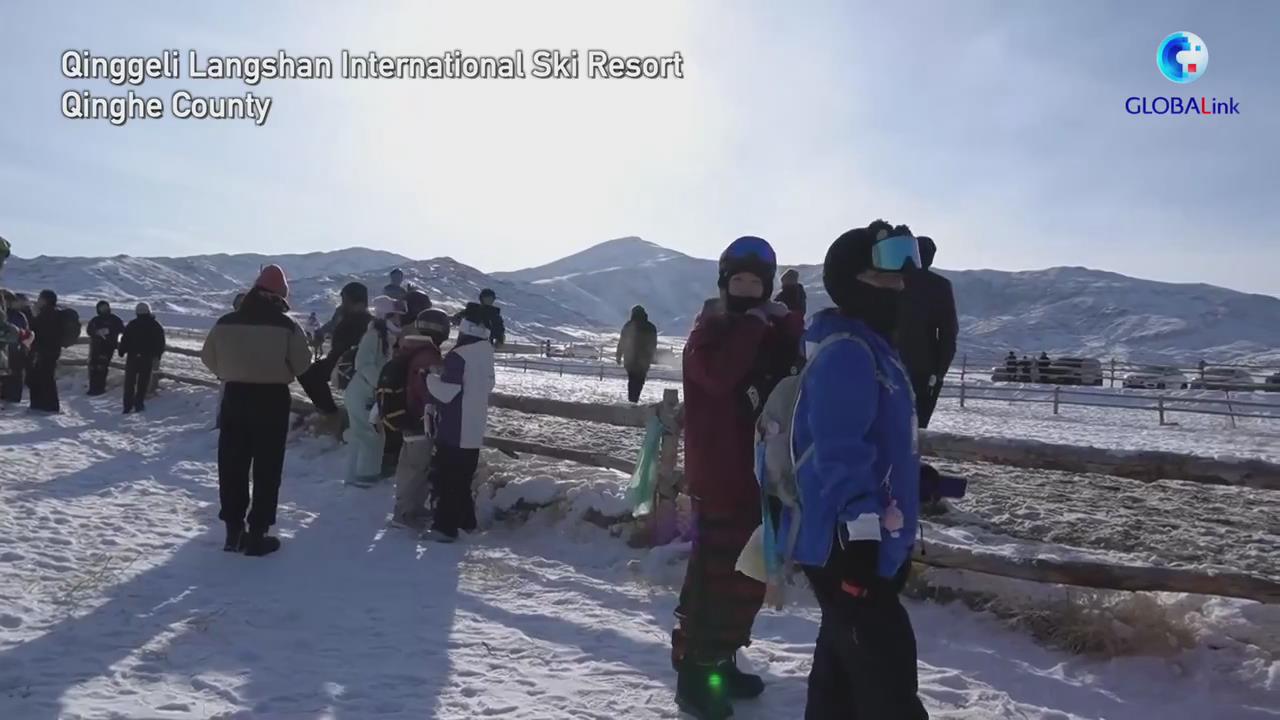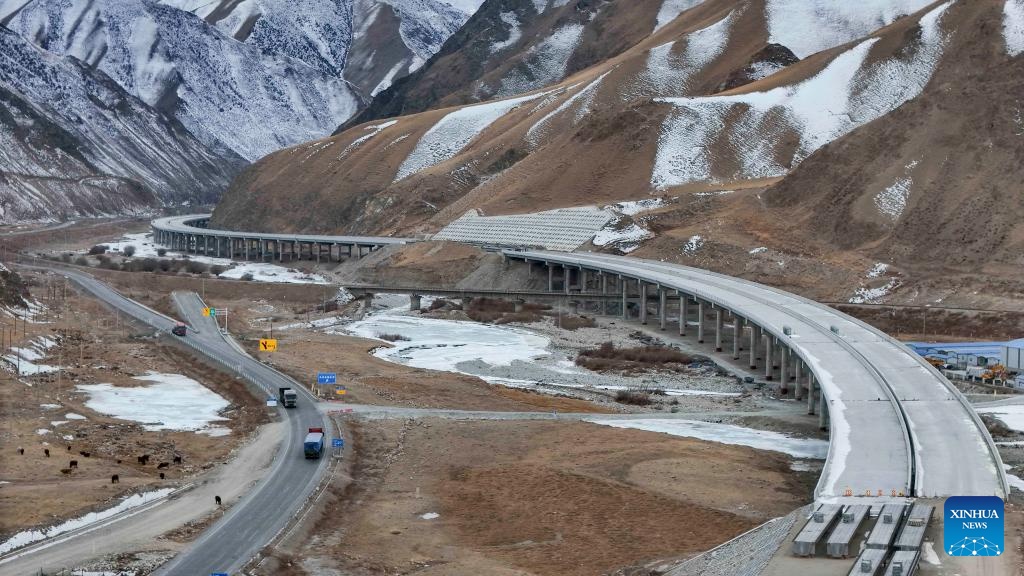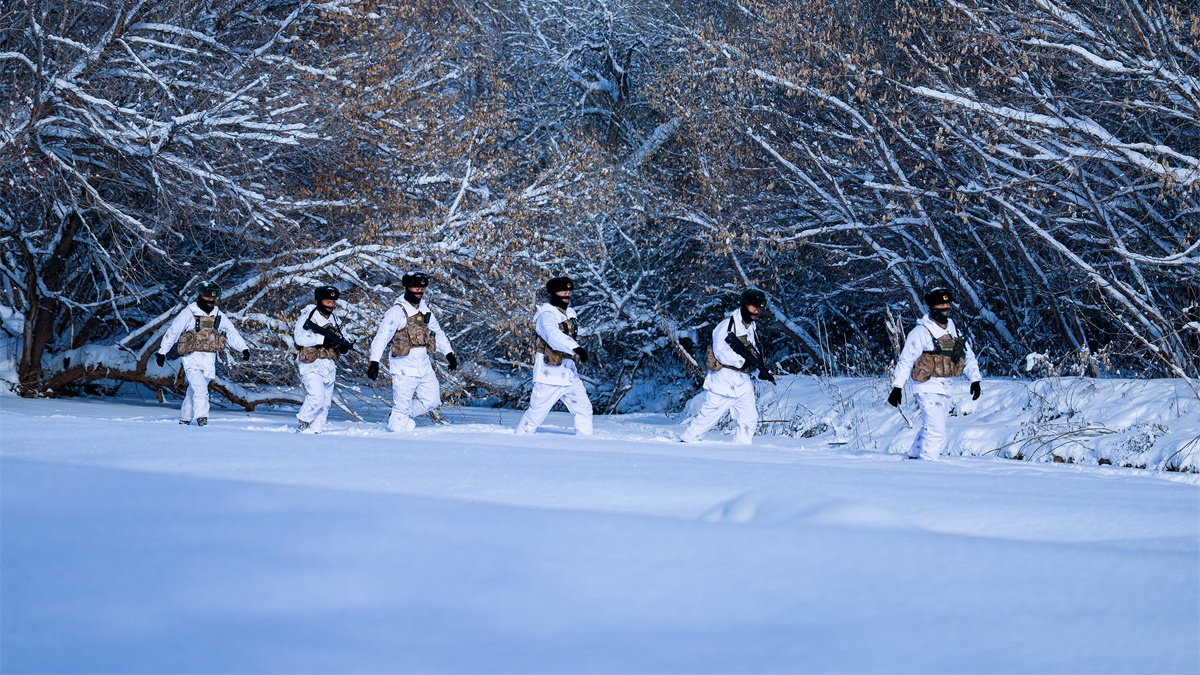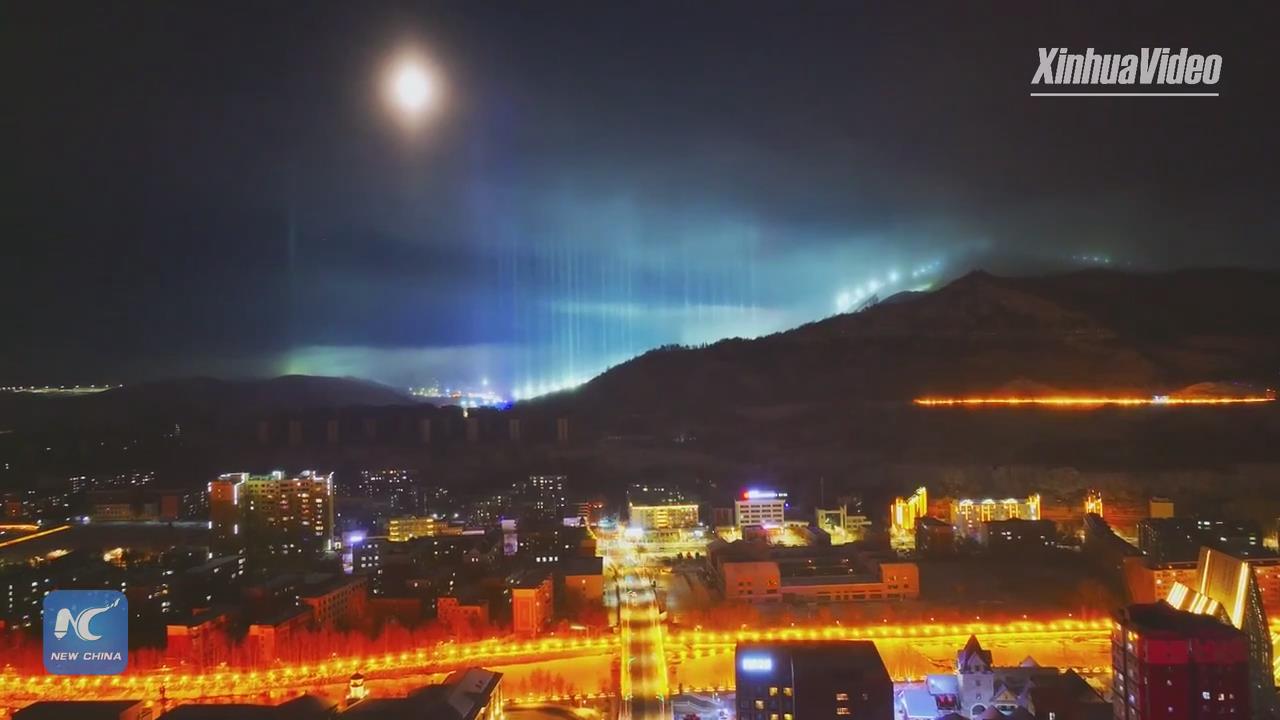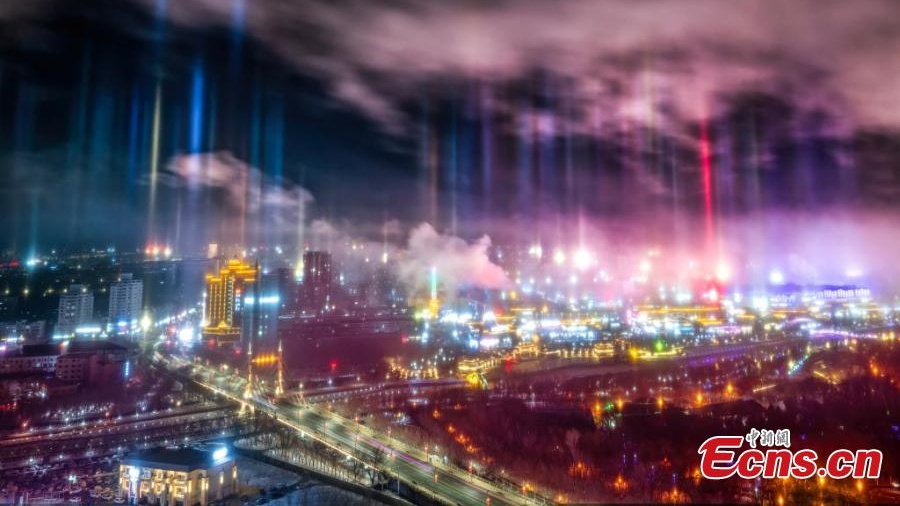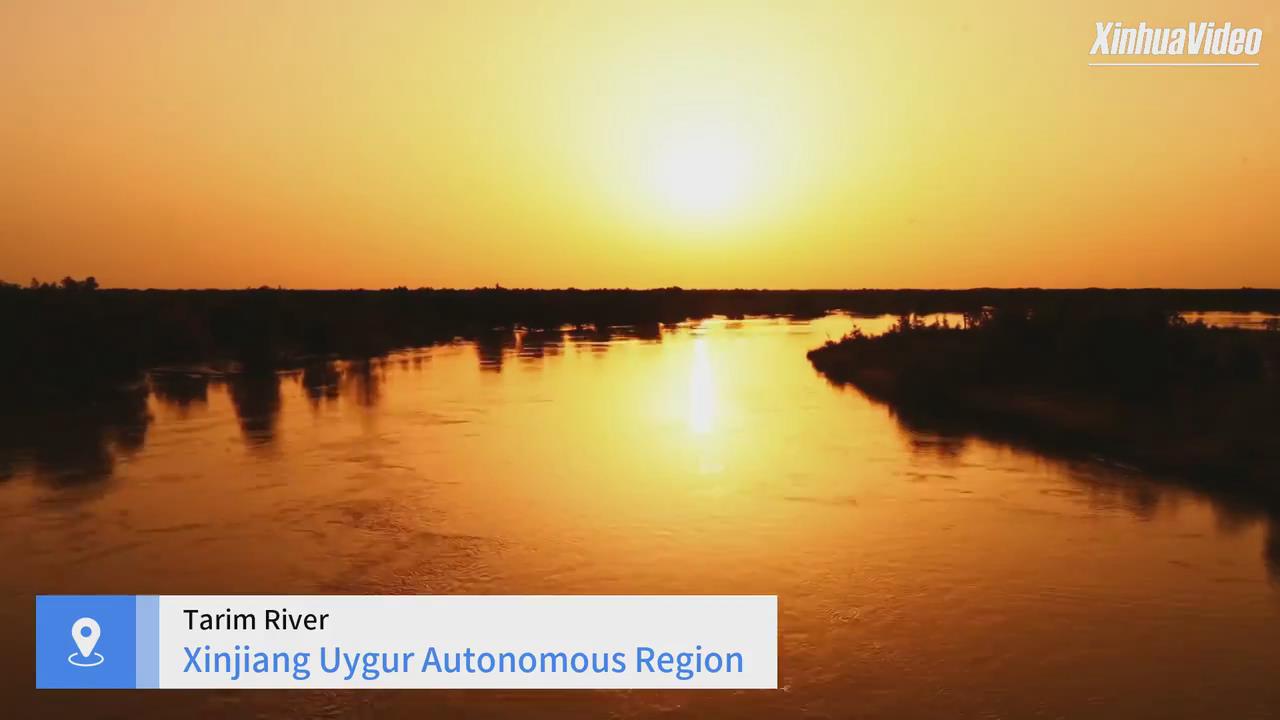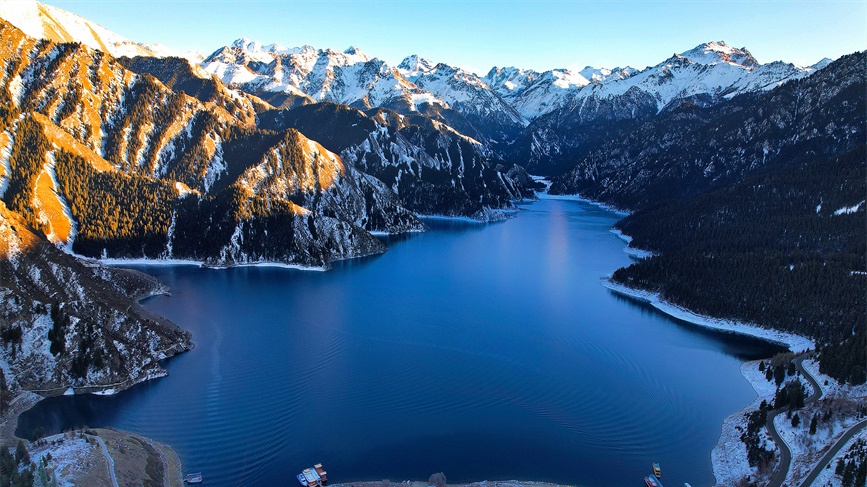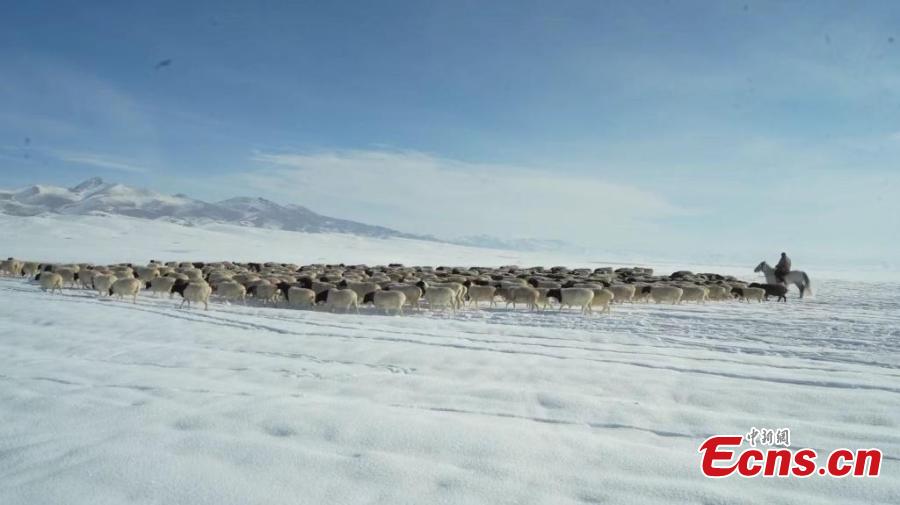
Foreign journalists visit the Xinjiang Islamic Institute in Urumqi, northwest China's Xinjiang Uygur Autonomous Region, June 21, 2024. (Xinhua/Gu Yu)
Journalists from 16 countries on Sunday concluded a trip to northwest China's Xinjiang Uygur Autonomous Region, where they gained first-hand knowledge about the region's development and cultural protection.
The trip, which started on June 15, took the journalists to Xinjiang's regional capital city Urumqi, Ili Kazak Autonomous Prefecture and Aksu Prefecture.
The journalists said they were impressed by Xinjiang's social stability, robust economic growth and well-protected culture, which defy the negative portrayal of Xinjiang by some Western media.
"The high-rise buildings, bustling streets and busy traffic in Xinjiang cities impressed me very much," said Mustafina Almira, editor-in-chief of the Angren Truth newspaper from Uzbekistan.
"The development here is very rapid ... and everyone is working hard to create a better life," said Almira, who spotted goods from her hometown in a shopping mall in the city of Horgos on the China-Kazakhstan border.
"In recent years, trade between us has become closer through the China-Europe freight trains and other ways, and I think Xinjiang's economy has a good future," said Levaz Didberashvili from Georgia, who works for the Rustavi 2 TV channel.
Xinjiang cotton is one focus of many international media outlets. In Aksu, the journalists visited the homes of cotton farmers and production lines of textile enterprises.
"In the West, what we have been reading about is the alleged forced labor and suppression of Uygur culture. What we see here is completely different," said Nathalie Benelli from Switzerland, the founder of the independent media "neue presse."
"In Xinjiang, I have seen people of different cultures, ethnic groups and religions living together in harmony," said Adirek Pipatpatama from Thailand, chief senior reporter of the journal Bangkok Wealth&Biz.
Pipatpatama noted their visit to the Qapqal News, a newspaper published in the Xibe language, while praising the support given to this newspaper. "This is a true reflection of the importance Xinjiang attaches to protecting the traditional culture of local ethnic groups," he said.
The nine-day trip also brought the journalists to religious sites including the Xinjiang Islamic Institute in Urumqi, the Shaanxi Mosque in the city of Yining, and the Kizil Caves in Aksu, where they conversed with religious figures and believers.
Their visit to the Shaanxi Mosque coincided with the Corban Festival. Faisal Said Mohammed Masood Saadi, journalist with the View newspaper in Oman, joined more than 1,300 local Muslims for a holiday prayer.
"I can feel the Chinese government's support for the Muslims and ethnic minority people, and the local mosques are well-preserved and well-equipped, which is completely different from some misleading reports I've read," he said.
At the end of their Xinjiang trip, many of the journalists agreed that it is important to look beyond the media stereotypes to see the real Xinjiang.
"Mainstream Western media often report Chinese news with some bias, so I used to imagine that Xinjiang was poor and backward, but only after I came here did I realize that the actual situation was quite different," said Torbjorn Sassersson, editor-in-chief of Sweden-based media outlet News Voice.
"I first met Xinjiang in some negative reports in the Western media. But through this trip, the allegations and lies in many reports are self-defeating," said Aidan Jonah, editor-in-chief of The Canada Files. "I've always believed that seeing is believing."

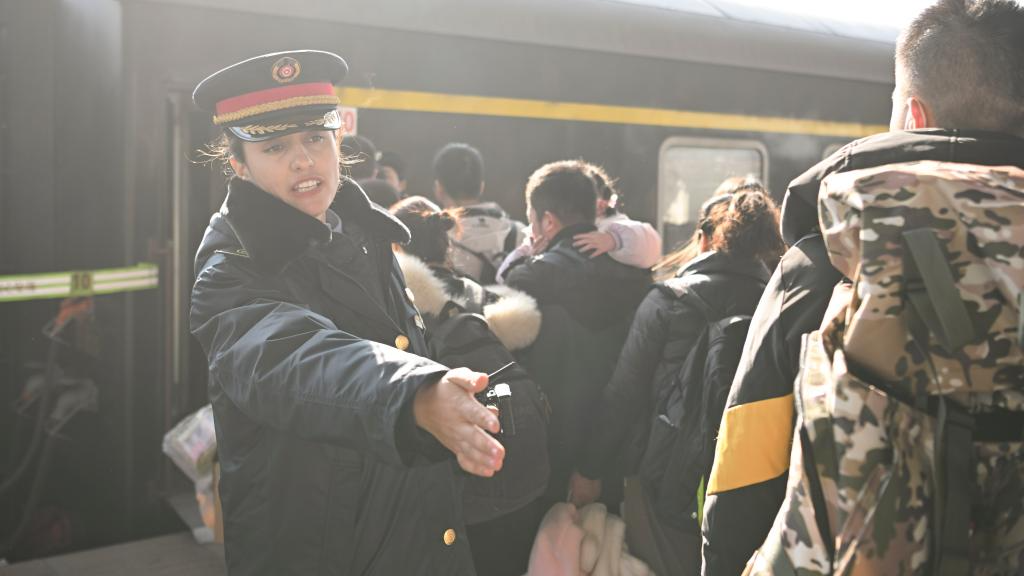
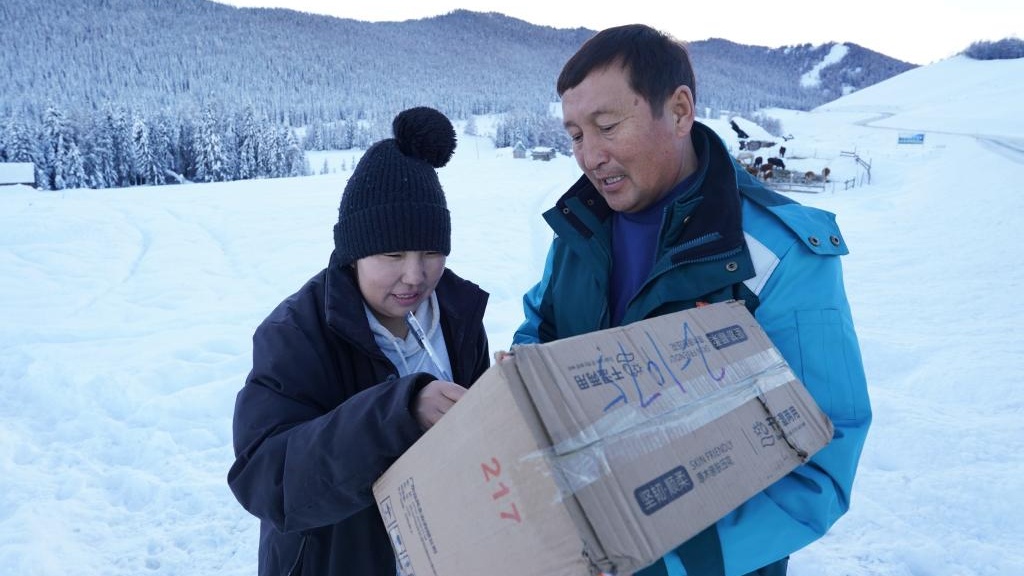


.png)
